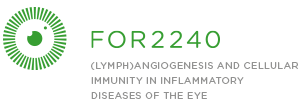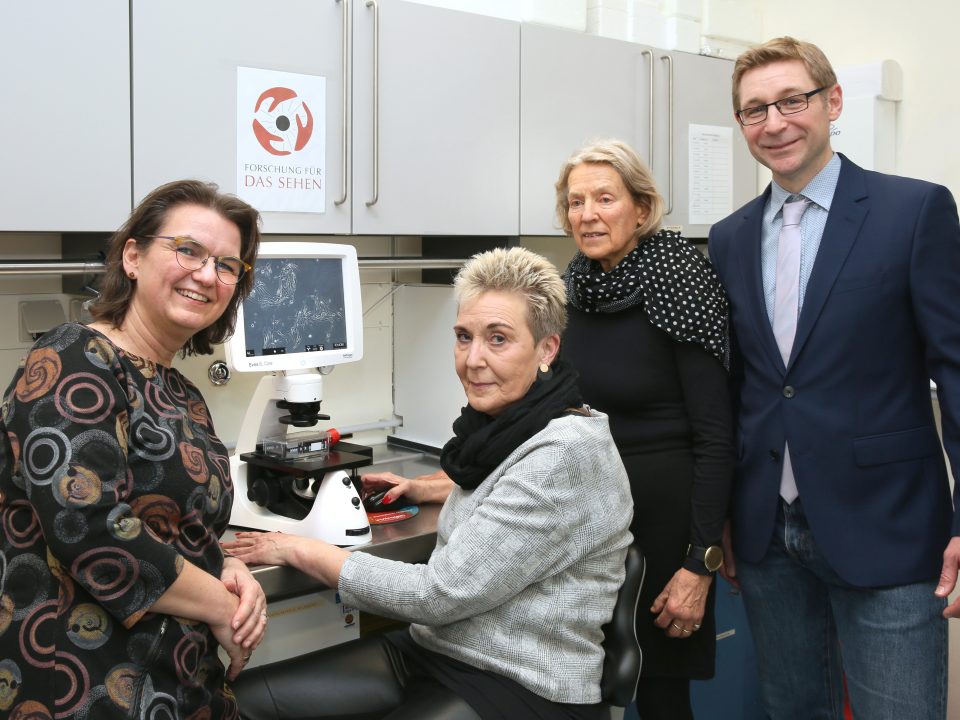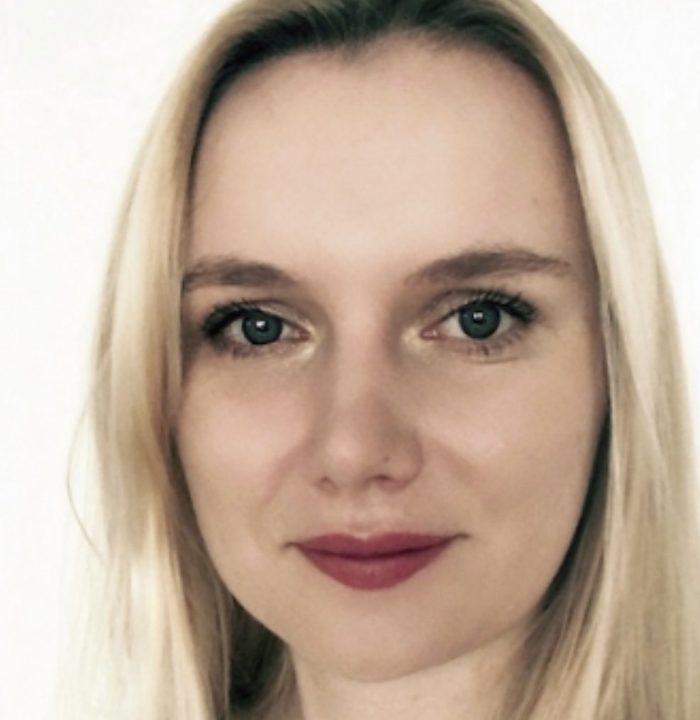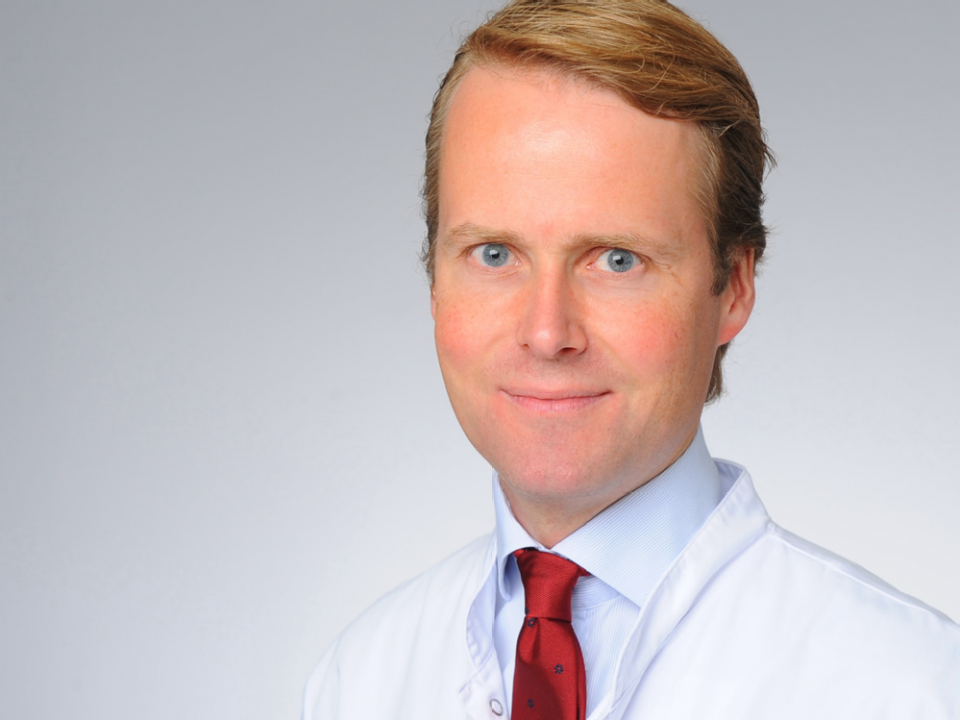Gerok posts: medical research rotations for freedom, acknowledgment, and excellence
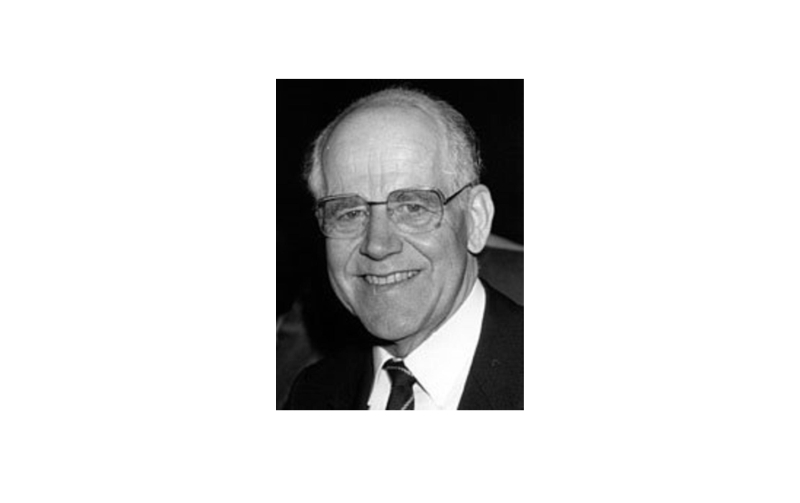
“We need more Gerok positions”! This is one of the conclusions that Prof. Dr. Robert Thimme noted in a section (p.11) on the need for more freedom and space for research in medical qualification phases (German title: “Qualifizierungsphase: Freiraum gefragt”). This appeared in a special volume of duz, a German Research Foundation publication on “Career paths in university medicine” from 2008. (http://www.dfg.de/download/pdf/dfg_im_profil/geschaeftsstelle/publikationen/karrierewege_beilage_duz_08.pdf). Currently, Prof. Thimme is the medical director of the University Hospital of Freiburg. His cry remains just as relevant now.
A Gerok-post is a research rotation position that allows doctors that are employed by a clinic to take an acknowledged, fully-financed time-out from their clinical duties to do research: designing, managing, and carrying it out with laboratory activities, networking, giving presentations, writing papers, etc. The duz article above also explains the origin of the term “Gerok position”: they are named after former German Research Foundation (DFG) Vice President Wolfgang Gerok (born 1926), pictured above.
The need for such positions is based on several observations. On the one hand, it is clear that the personal sacrifice of doing research in an early-career doctor’s free-time after long, hard hours of duties at the hospital is too high, especially considering the frequent irregularity of these hours (night shifts, weekends, on-call periods, etc.). On the other hand, it is seen as crucial for excellence in medical research that the practical knowledge of clinicians flows into its design, management and implementation.
Freedom and acknowledgement are key elements for the success of medical research rotation post programs (“Gerok posts”). Whether the time-out occurs one or two days a week, involves a full year of leave, or something in-between, will depend on many individual factors such as the personal situation of the researcher, the nature of the research project, current career perspectives of the researcher, etc. These factors must also play a role in decisions about when and how a research rotation occurs. The acknowledgement of a formal rotation position is important for such research time-outs so that this time does not appear as an unofficial blank in the researcher’s vita.
In the framework of the FOR 2240, six early-career ophthalmologists employed at the University Eye Hospital of Cologne were each awarded six months plus six months of leave from their clinical duties to do research, with a good deal of flexibility in the exact timing of their leaves. These positions were awarded according to merit to Dr. med. Lebriz Altay, who is involved with Project 6, Dr. med. Franziska Bucher, who is involved with Project 1, Dr. med. Konrad Koch, who is involved with Project 4, Dr. med. Mario Matthaei, who is involved with Project 2, Dr. med. Simona Schlereth, who is involved with Project 4, and Dr. med. Sebastian Siebelmann, who is involved with Project C1 and is also associated with the Excellence Cluster Cellular Stress Responses in Aging-Associated Diseases at the University of Cologne.
